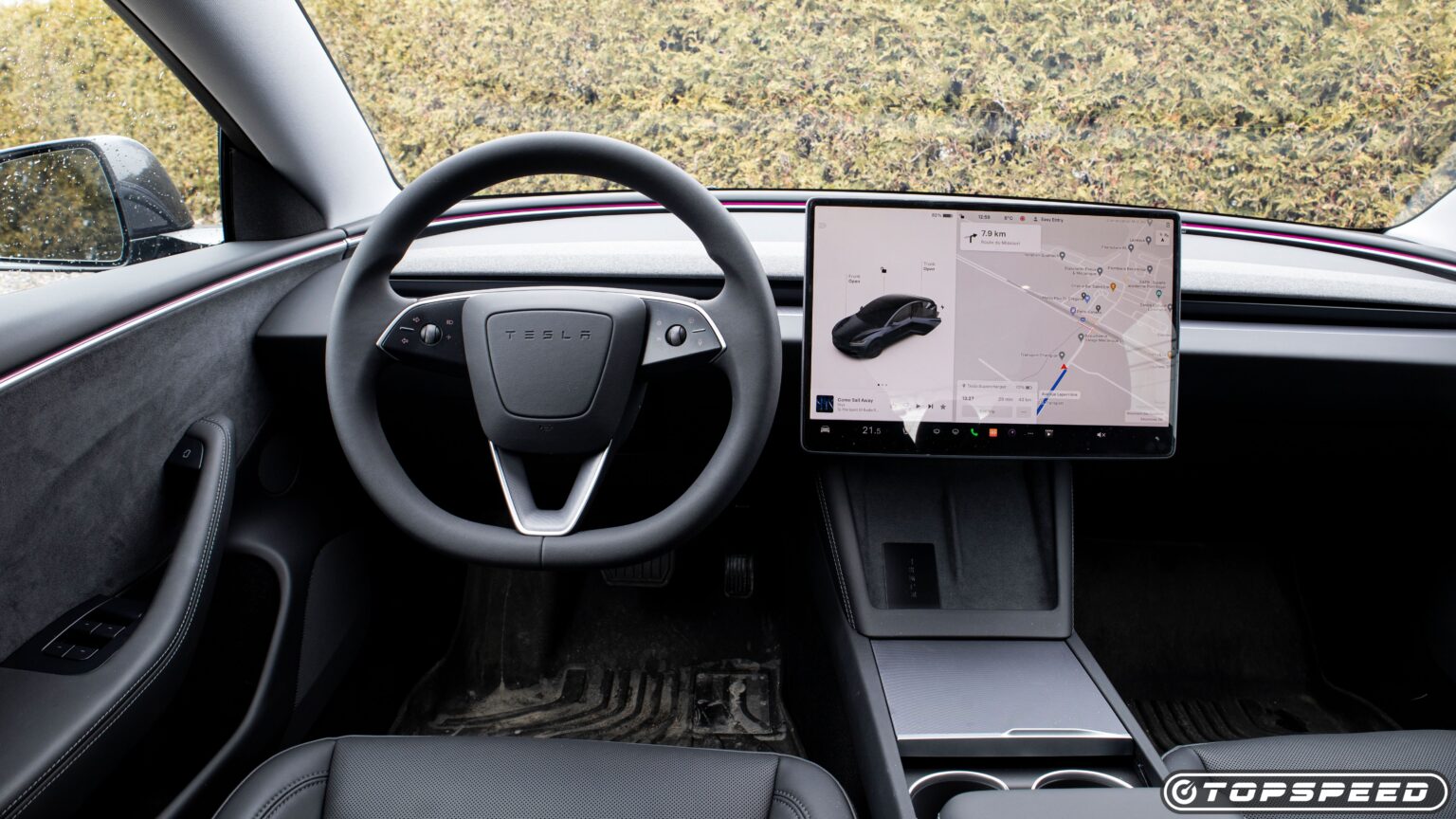A California class action lawsuit filed in February alleges Tesla knowingly manipulated the odometers of its cars in order to circumvent warranty agreements and repairs the company would otherwise have been responsible for. The suit further alleges that, instead of simply measuring the miles traveled by a given car and displaying it via the odometer, Tesla uses a sort of algorithm to “manipulate and misrepresent” the mileage traveled by its vehicles. While the initial plaintiff in the lawsuit has allegedly seen the issue occur in a Tesla Model Y, the lawsuit does not appear to limit itself to a single model in the brand’s lineup.
California Tesla Drivers Say Their Odometers Are Faked
The lawsuit alleges that instead of simply measuring miles covered with “millimeter” accurate GPS software in Tesla vehicles, the cars use a predictive algorithm to come up with an odometer reading based on factors like “energy consumption metrics and driver behavior multipliers” to arrive at an intentionally misrepresented figure. The primary plaintiff in the suit alleges that he “observed peculiar patterns in mileage accumulation in his Tesla Vehicle, particularly in relation to Tesla Inc.’s warranty expiration.” The discrepancy resulted in his Model Y’s warranty expiring early, and coverage of repairs for an ongoing suspension issue was denied as a result. One passage from the class action complaint filed with a Los Angeles court illustrates the discrepancy between what the owner observes as their mileage and what the car actually displays:
“Ultimately, during the first six months of ownership, Plaintiff’s Tesla Vehicle accumulated 13,300 miles, which averages approximately 2,217 miles per month. But in the year following the Basic Warranty expiration, Plaintiff’s Tesla Vehicle accumulated roughly 17,000
miles. This averages to about 1,415 miles per month–a decline of almost 1,000 miles per month despite an increase in Plaintiff’s commute for work.”
Lawyers Believe A Tesla Patent Is A Smoking Gun
On top of the observed discrepancies, the law firm representing the plaintiffs, Singleton Schreiber, LLP, believes it has a smoking gun thanks to Tesla’s own patent filings. In essence, it backs up the plaintiff’s observed mileage discrepancies by confirming that Tesla uses an algorithm, rather than GPS measurement, to predict how many miles a given vehicle has covered. “Specifically, Tesla Odometer System are integrally linked to Tesla Vehicles’ energy consumption metrics and range estimation algorithms, as evidenced by Tesla Inc.’s patents and internal methodology detailed in Patent US8054038B2. This patent confirms that Tesla Odometer System readings are not direct measurements of distance traveled, but are instead derived from energy consumption data, driving behavior patterns, and predictive algorithms. The patent explicitly describes a ‘miles-to-electrical energy conversion factor’ that varies dynamically based on road and traffic conditions.”
TopSpeed’s Take
It’s impossible to know how this lawsuit will pan out. Class action suits can take years to play out fully in court, but should this one favor the plaintiffs, it would likely result in a significant settlement for any parties involved by the end of the lawsuit. That day is likely very far away, supposing the law firm can convince the court of its accusations.
Read the full article here


